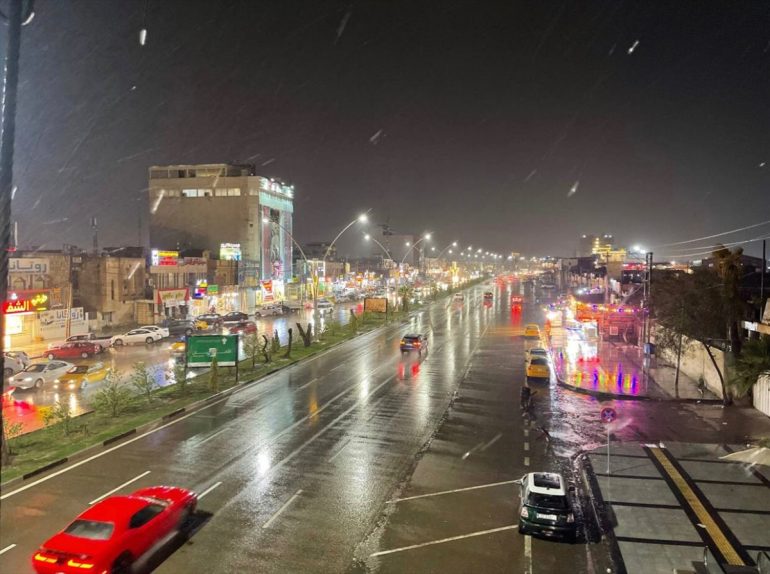In recent days, ethnic tensions surrounding farmland disputes in Palkana, a village in Kirkuk, have intensified. Kurdistan Democratic Party (KDP)-affiliated media outlets have been vocal about the incident, while other sources, particularly those tied to the Patriotic Union of Kurdistan (PUK), have remained relatively quiet.
The KDP’s focus on Palkana is likely due to the party’s aspirations in the upcoming Kirkuk Governorate Council elections. The KDP seeks to show that the PUK is responsible for Kirkuk’s current situation, following the October 2017 events when Iraqi security forces took control of the region. In doing so, the KDP presents itself as a superior choice for local residents.
Disputes between Kurdish and Arab farmers are not a new phenomenon; NGO-funded media outlet Kirkuk Now has regularly reported on tensions in Palkana and other areas since the 2017 events, during which Iraqi security forces replaced Kurdish forces. This power shift has strengthened the position of Arab residents. However, land disputes also occur among Kurdish farmers themselves.
Journalist Shorish Khalid, who has covered the disputed territories for over a decade, told NRT English that the KDP hopes to build on its better-than-expected results in Kirkuk during the 2022 parliamentary elections. The party aims to seize any opportunity to argue for its return. However, Khalid added that the KDP’s approach and media narrative have remained stagnant for the past 15 years, resulting in no significant progress.
The Solution Lies in Baghdad
Khalid explains that the KDP capitalizes on the fact that both the Iraqi Justice Minister, Khalid Shwani, and the head of the General Board for Kurdistani Areas Outside the KRG Administration, Fahmi Burhan, are PUK members. Consequently, any failures in addressing the issues are attributed to the PUK.
While there is some truth to this, it doesn’t capture the whole story. It is true that the Kurdish administration of Kirkuk, primarily under PUK control before 2017, is responsible for many ongoing issues in the province. However, the solution falls outside the authority of Kirkuk’s local judiciary and administration.
Khalid asserts that only the implementation of Article 140 of the Iraqi constitution can resolve the land disputes. Both the KDP and PUK are responsible for the failure to implement this article, and their strained relationship and disagreements hinder the pursuit of a more lasting solution.
Article 140 outlines a political process to determine the fate of disputed territories, including demographic normalization, a census, and a referendum on whether Kirkuk should join the Kurdistan Region or remain under federal government control. This referendum, scheduled for 2007, never took place, perpetuating the ongoing disputes.
Khalid also warns that the upcoming harvest season may bring increased tensions, similar to those seen last week. He further cautions that the current narrative, which includes threats from the Peshmerga forces to enter the village under Iraqi control, could exacerbate the situation. This escalation may be what the KDP wants ahead of the November elections.


